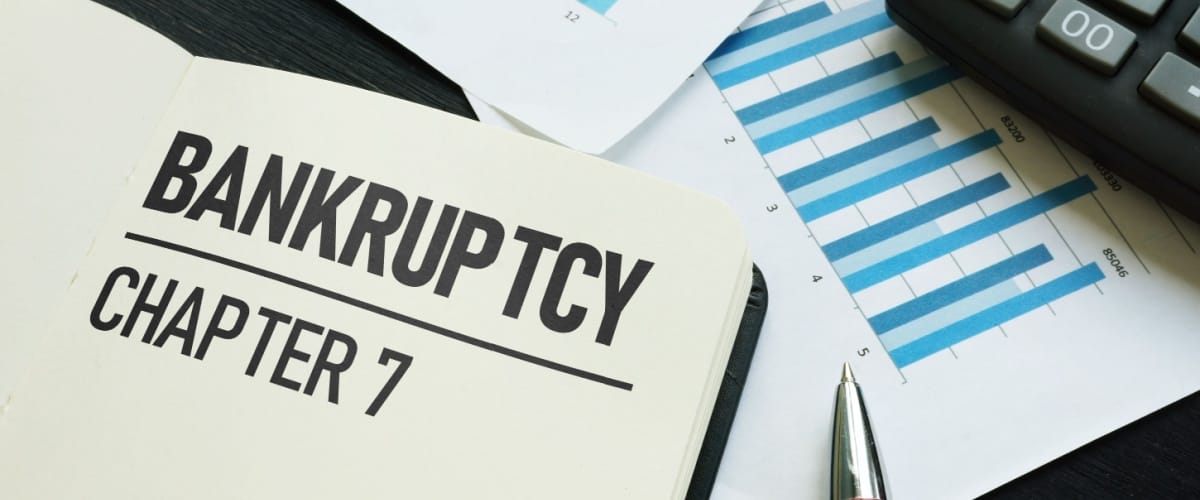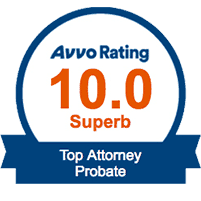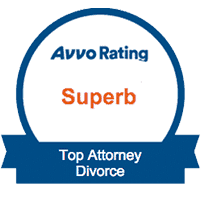Elgin Chapter 7 Bankruptcy Lawyer
Chapter 7 bankruptcy, often called the “fresh start” bankruptcy, is a powerful legal tool designed to help individuals eliminate overwhelming unsecured debt. If you are burdened by credit card bills, medical expenses, or personal loans, Chapter 7 can provide a path to a new beginning. At The Law Offices of Anthony R. Scifo, we guide clients in Elgin, IL, through every step of the Chapter 7 process with compassion and precision. Our goal is to help you discharge your qualifying debts and regain control of your financial life.
Understanding if Chapter 7 is the right solution for your specific situation is a critical first step. As part of our comprehensive bankruptcy services, we provide a free, no-obligation consultation to analyze your finances and explain your options in plain language. To start your journey toward a debt-free future, call our Elgin law firm today at (847) 628-8311.

Is Chapter 7 Bankruptcy the Right Choice for You?
Chapter 7 is designed for individuals who do not have the disposable income to pay back their debts. While every situation is unique, Chapter 7 may be the ideal solution if you:
- Have significant unsecured debts, such as credit card balances, medical bills, or payday loans.
- Own primarily “exempt” property that is protected under Illinois law.
- Have an income that falls below the Illinois median for a household of your size.
To be eligible, you must pass a strict financial qualification known as the Means Test. This test compares your income to the state median and analyzes your disposable income. Our attorneys can perform a detailed Means Test analysis to determine your eligibility and guide you on the best course of action.
What Debts Can Be Discharged in Chapter 7?
A Chapter 7 “discharge” is a court order that permanently eliminates your legal obligation to pay back certain debts. This is the ultimate goal of the filing.
Debts that are typically discharged include:
- Credit card debt
- Medical bills
- Personal loans and lines of credit
- Payday loans
- Utility bills
- Past-due rent or lease balances
Debts that are generally non-dischargeable include:
- Child support and alimony
- Most student loans
- Recent tax debts
- Court-ordered fines and criminal restitution
- Debts incurred through fraud or false pretenses
The Chapter 7 Process in Elgin: A Step-by-Step Guide
We work to demystify the Chapter 7 process, providing clear guidance at every stage. For a detailed official explanation, the United States Courts website is an excellent resource.
- Consultation & Eligibility Check: We begin with a free consultation to review your finances and confirm your eligibility through the Means Test.
- Pre-Filing Credit Counseling: Before you can file, you must complete a mandatory credit counseling course from an approved agency.
- Filing the Petition: We prepare and file your detailed bankruptcy petition with the court. This action immediately triggers the Automatic Stay, which halts all collection activities, including creditor harassment and wage garnishments.
- 341 Meeting of Creditors: About a month after filing, you will attend a brief meeting with a court-appointed trustee. We will be by your side to ensure the meeting goes smoothly.
- Financial Management Course & Discharge: After the meeting, you will complete a second required financial management course. Approximately 60-90 days later, assuming no complications, the court will issue your discharge order, officially wiping out your eligible debts.
Protecting Your Property with Illinois Exemptions
A common fear is that filing for Chapter 7 means losing everything you own. This is a myth. Illinois law provides a set of “exemptions” that protect essential property from being sold by the trustee. The vast majority of people who file for Chapter 7 are able to keep all of their property.
Key Illinois exemptions include generous protections for:
- Equity in your primary residence (Homestead Exemption)
- Equity in a vehicle
- Retirement accounts (401(k)s, IRAs)
- Tools of your trade
- Personal belongings, clothing, and household goods
- A “wildcard” exemption that can be applied to any property
We will carefully apply these exemptions to your assets to provide you with the maximum legal protection.
Frequently Asked Questions About Chapter 7 Bankruptcy
How long does the Chapter 7 process take?
From the date of filing to the final discharge of debts, a typical Chapter 7 case takes about 4 to 6 months to complete.
Can I keep my house and car?
Yes, in many cases. If your equity in the property is protected by exemptions and you are current on your loan payments, you can often sign a “Reaffirmation Agreement” to keep the loan and the property. However, if you are behind on payments and want to catch up, a Chapter 13 bankruptcy may be a more suitable option.
Do I have to go to court before a judge?
Typically, no. You are required to attend the 341 Meeting of Creditors, but this is an administrative hearing overseen by a trustee, not a formal court proceeding in front of a judge.
Start Your Journey to a Debt-Free Life Today
If you are ready to put an end to overwhelming debt and get the fresh start you deserve, Chapter 7 bankruptcy may be the answer. Let The Law Offices of Anthony R. Scifo provide the expert legal support you need to navigate the process successfully.
Call our Elgin office today at (847) 628-8311 for a free, confidential consultation.



